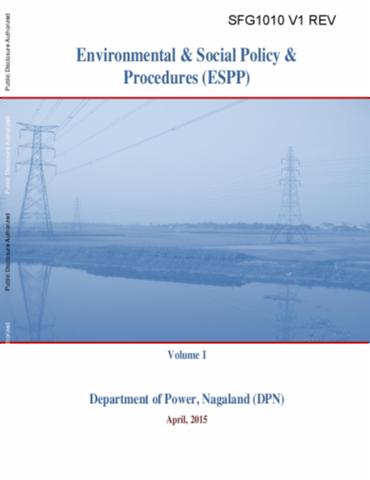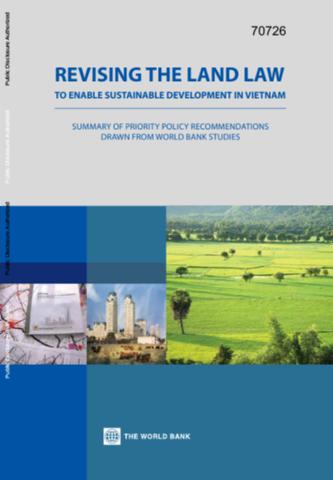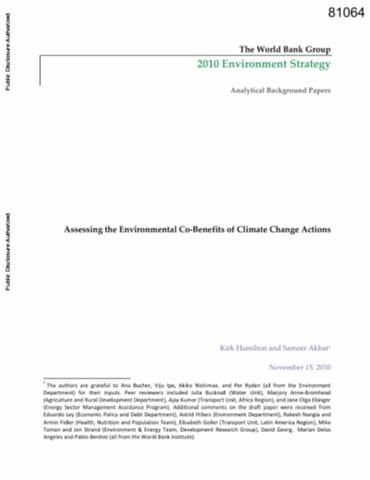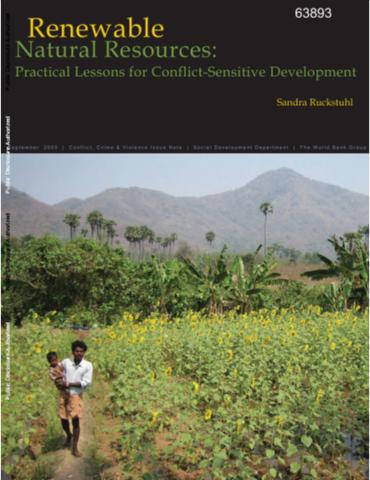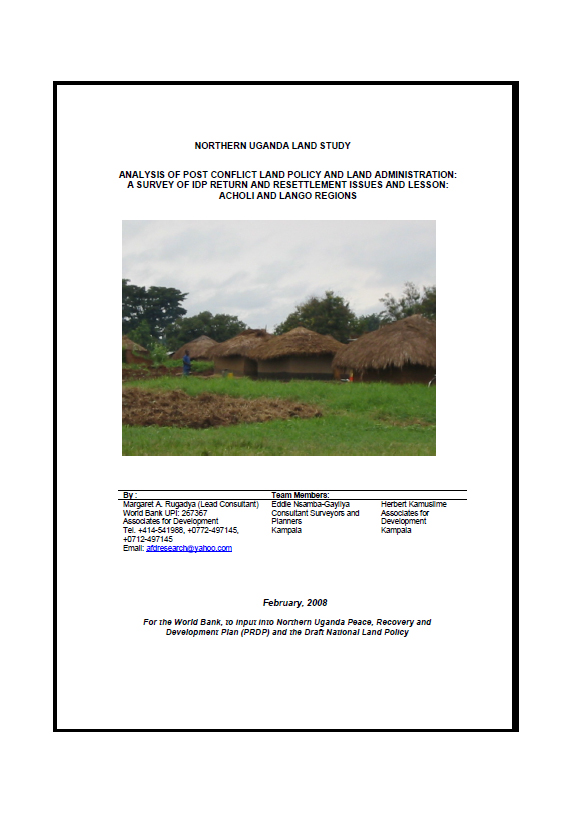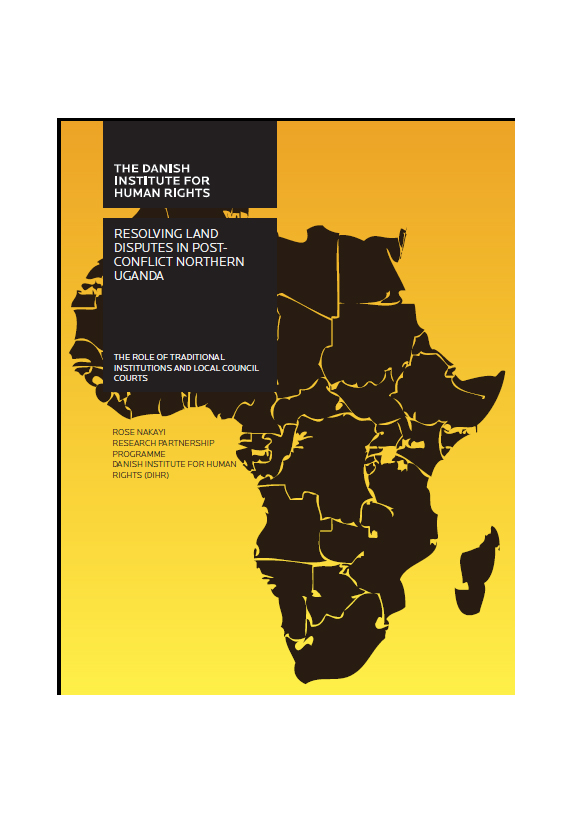Environmental and Social Policy and Procedures
The North Eastern Region (NER) in India is endowed with rich energy resources but faces significant bottlenecks in electricity access and availability levels. The per capita power consumption in NER is one-third of the national average. The region has a shortfall of about 500MW installed capacity against peak demand of about 1950 MW. No significant generation capacity has been added in the recent past. Therefore, inadequate power supply continues a critical constraint to sustainable growth and economic development in the NER.

